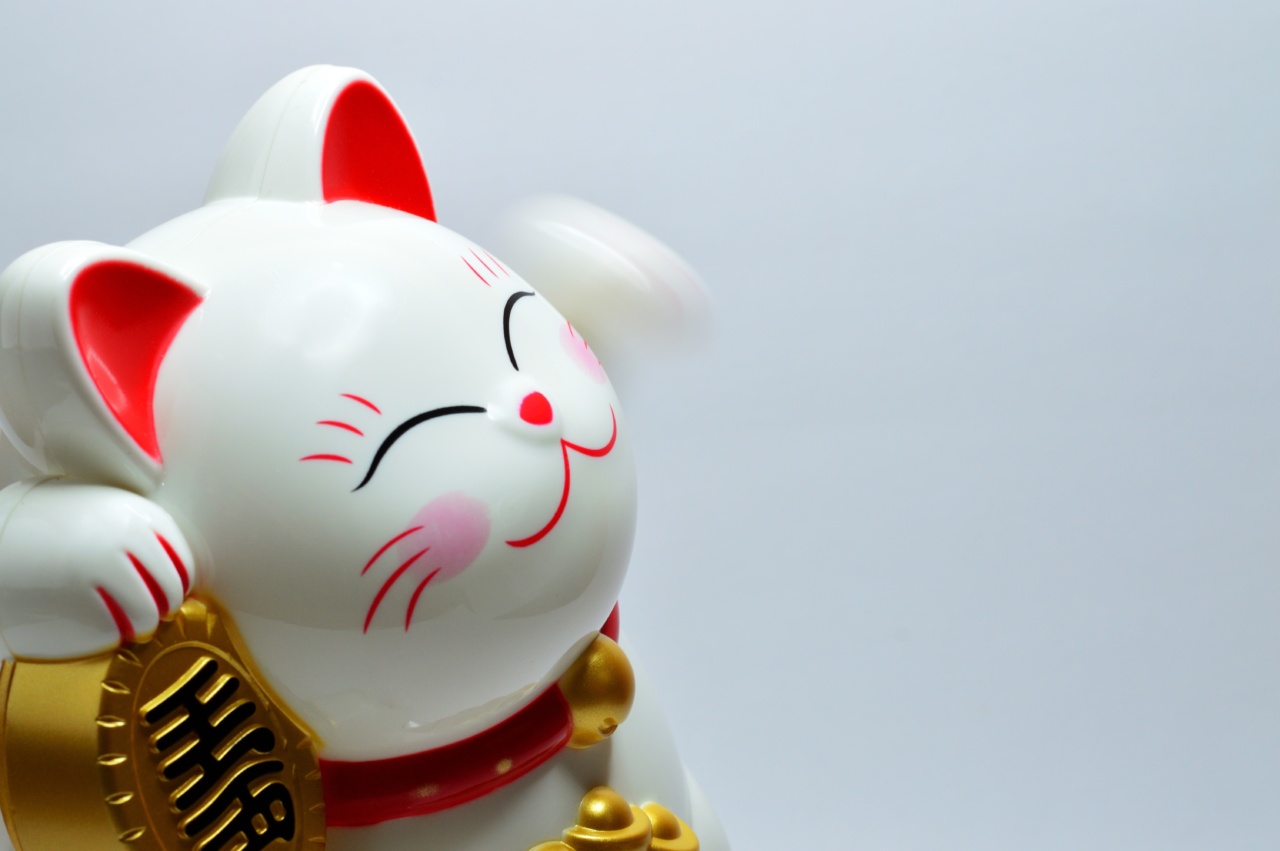Sweating is a natural bodily function that occurs when your body temperature rises. It may seem unpleasant and uncomfortable, but sweating is actually beneficial for your health and overall well-being.
In this article, we will explore the various reasons why sweating is good for you.
Regulates Body Temperature
One of the primary functions of sweating is to regulate your body temperature. When your body starts to heat up, whether due to physical activity or external factors, your sweat glands are activated to produce sweat.
As the sweat evaporates from your skin, it cools your body down, preventing overheating and helping you maintain a stable internal temperature.
Eliminates Toxins
Sweating is also a natural way for your body to eliminate toxins. When you sweat, your skin acts as a pathway for various toxins, such as heavy metals and chemicals, to be released from your body.
This helps to reduce the burden on your liver and kidneys, which are responsible for filtering and eliminating toxins. By sweating, you are effectively aiding the detoxification process in your body.
Clears Pores and Improves Skin Health
Sweating can be beneficial for your skin health as well. When you sweat, your pores open up, and any impurities, dirt, or dead skin cells that may be clogging them can be expelled.
This can help prevent acne breakouts and improve the overall appearance of your skin. However, it is essential to cleanse your skin regularly after sweating to remove any residual sweat and dirt.
Boosts Endorphin Levels
Engaging in physical activities that make you sweat, such as exercise, can stimulate the release of endorphins in your body. Endorphins are known as the “feel-good” hormones and can contribute to a sense of well-being and happiness.
So, the next time you break a sweat during a workout session, remember that it is not only benefiting your physical health but also your mental and emotional well-being.
Aids in Weight Loss
Sweating can play a role in weight loss efforts. When you sweat, your body loses some water weight temporarily.
While this weight loss may be temporary, regular physical activity and sweating can help you burn calories and contribute to long-term weight loss. Remember, though, that sweating alone is not a guarantee of fat loss, and it should be accompanied by a healthy diet and exercise routine for significant results.
Strengthens the Immune System
Regular exercise and sweating can help strengthen your immune system. When you sweat, your body increases circulation, and certain immune cells are activated.
This enhanced circulation and immune response can help your body detect and fend off illnesses more effectively. However, it is crucial to maintain moderation in your exercise routine, as excessive exercise can have the opposite effect on your immune system.
Improves Heart Health
Sweating can also have a positive impact on your cardiovascular health. When you engage in activities that make you sweat, such as aerobic exercise, your heart rate increases, and more oxygen is delivered to your muscles.
This increased oxygen supply strengthens your heart over time and improves its overall efficiency. Regular sweating through exercise can help lower your risk of heart disease and other cardiovascular problems.
Reduces Stress and Promotes Relaxation
Sweating can be an effective way to reduce stress and promote relaxation. When you engage in physical activities that make you sweat, your body releases endorphins, as mentioned earlier.
These endorphins act as natural stress relievers and can reduce feelings of anxiety and depression. Additionally, sweating can help your muscles relax and relieve tension, further contributing to a sense of relaxation and well-being.
Enhances Athletic Performance
For athletes and individuals involved in sports, sweating plays a crucial role in enhancing performance.
Sweating helps to cool your body during intense physical exertion, preventing overheating and allowing you to push your limits for a more extended period. It also helps to lubricate the skin, reducing friction and potential chafing during athletic activities. The ability to sweat efficiently is essential for optimal athletic performance.
Promotes Sleep
Sweating before bedtime can actually promote better sleep. When you engage in physical activity and sweat during the day, your body temperature rises.
As you cool down after the activity, your internal temperature drops, signaling to your body that it is time to sleep. This natural drop in temperature can help you fall asleep faster and enjoy a more restful night’s sleep. However, it is important to allow sufficient time for your body to cool down before going to bed to reap the sleep benefits of sweating.
Conclusion
Sweating is not something to be overlooked or discouraged. It is an essential bodily function with numerous benefits for your health and well-being.
From regulating body temperature to eliminating toxins, improving skin health, boosting endorphin levels, aiding in weight loss, strengthening the immune system, enhancing heart health, reducing stress, promoting relaxation, enhancing athletic performance, and even promoting sleep – sweating truly plays a vital role in maintaining overall health and vitality.






























